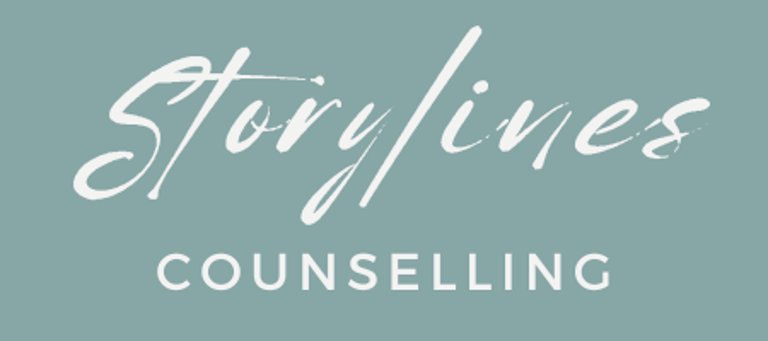While Derek and I built our website, we looked at a lot of other counselling homepages for inspiration and direction. Consistently, I was surprised to see a blog with a few posts about finding the right counsellor, what counselling is, and other common counselling questions. Mostly, what surprised me was the question, “why are all these counsellors trying to start blogs, but then consistently stopping after a few posts?” And yet, here I am writing a blog that I very well might stop after a few posts.
In general, blogs are designed to generate web traffic. Webpage titles like “Family Counselling” attract the attention of search engines such as Google when people make general queries. Ads help push people towards a site by linking the keywords such as 'Reduced Rate Counselling' to a website. But what if someone has a very specific question? For example, what if someone wants to know “Why do so many counselling sites create blogs?” Well, in that scenario, the best way to attract attention to a website is through the use of a blog that answers that specific question. It’s a bit of a guessing game; these blogs are written with the hope that someone will want to know the answer to that specific question. Many blogs are posted but receive no traffic because no one is interested in the topics they cover.
This blog is titled “Why Do Counselling Websites Use Blogs?” By writing this title, I am hoping that there are people who want to know the answer to this question and that there are not many blogs answering the same question. I made sure to specify “Counselling Websites” because there are already tons of blogs/articles on “Why do websites use blogs.” The extra specificity means this blog will be shown on google less, but when it is shown it’s more likely to attract someone’s attention. The balance between answering a unique question and answering a question people will actually want the answer to is always tricky.
A big reason counselling blogs don’t always continue long-term is that they don’t generate the web traffic people are hoping for. Pinpointing why this is the case would be essentially impossible without knowing a lot about each site, but in general it’s due to an imbalance between specificity, relevance, and the site’s online presence (a topic I’ll write about more in the future).
Having a website is like fishing in the ocean of the internet. A web page is like tossing a net into the water and is most effective for catching schools of fish; a blog is like taking out your fishing rod and tossing in a single line. You’ll catch less, but with the right tackle, you’ll connect with the right fish.
Lastly, it must be said that some blogs are simply passion projects which ebb and flow with the passion of the writer." I wrote this blog mostly because I learned about search engine optimization (SEO) while building our website and wanted to do something with that information. I am not expecting many people to want to know why counselling websites have blogs. And so, maybe this blog will cease to exist one day as my passion for it diminishes. Regardless, the fishing line that is this blog can live on. Maybe it’ll catch someone’s eye one day and they’ll find themselves here. At the beginning of Storylines Counselling.




